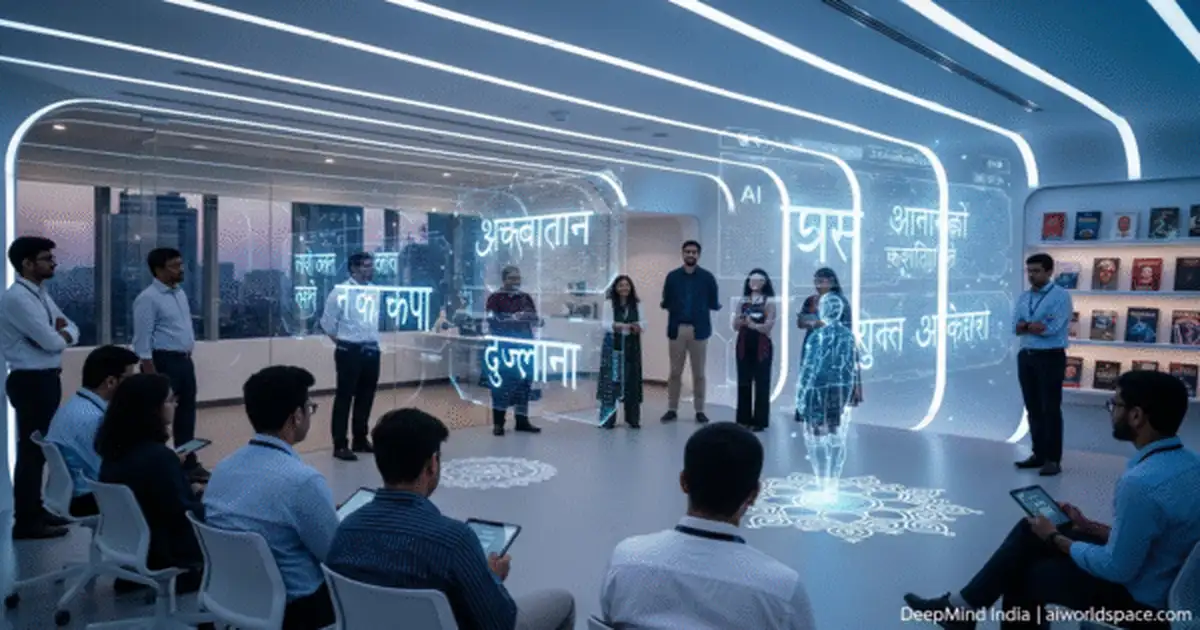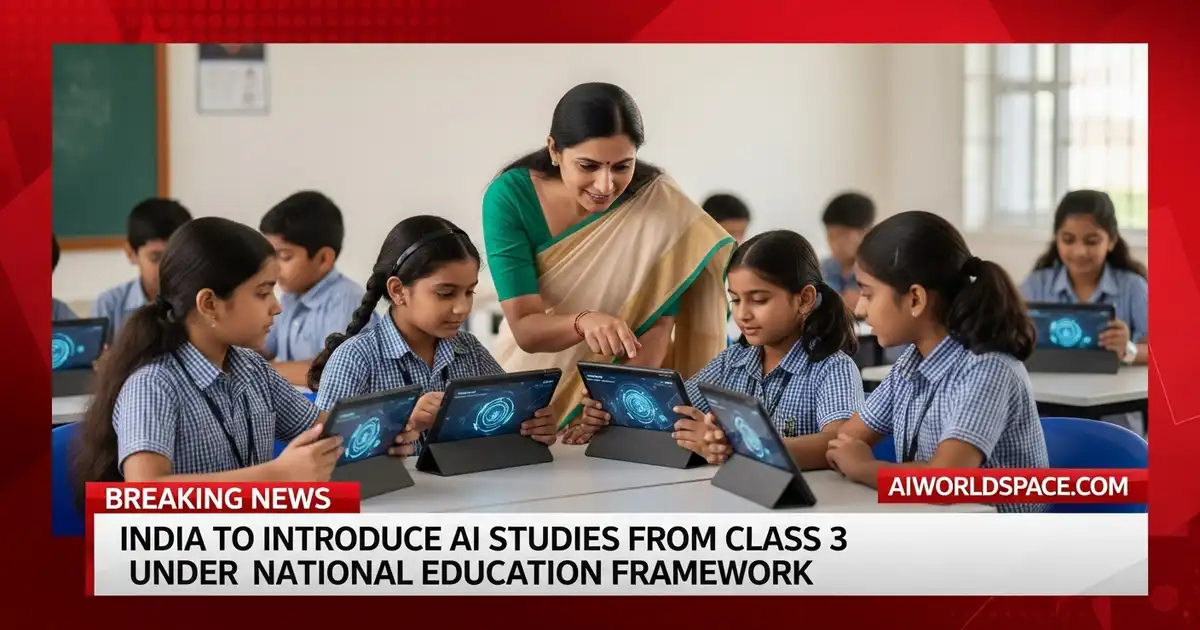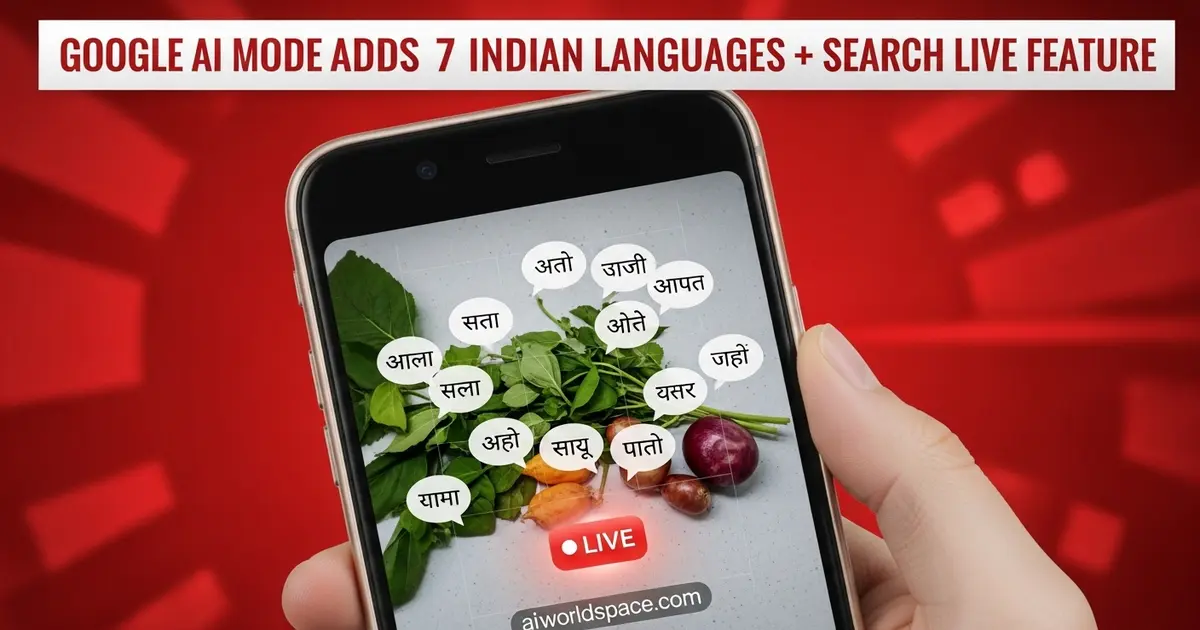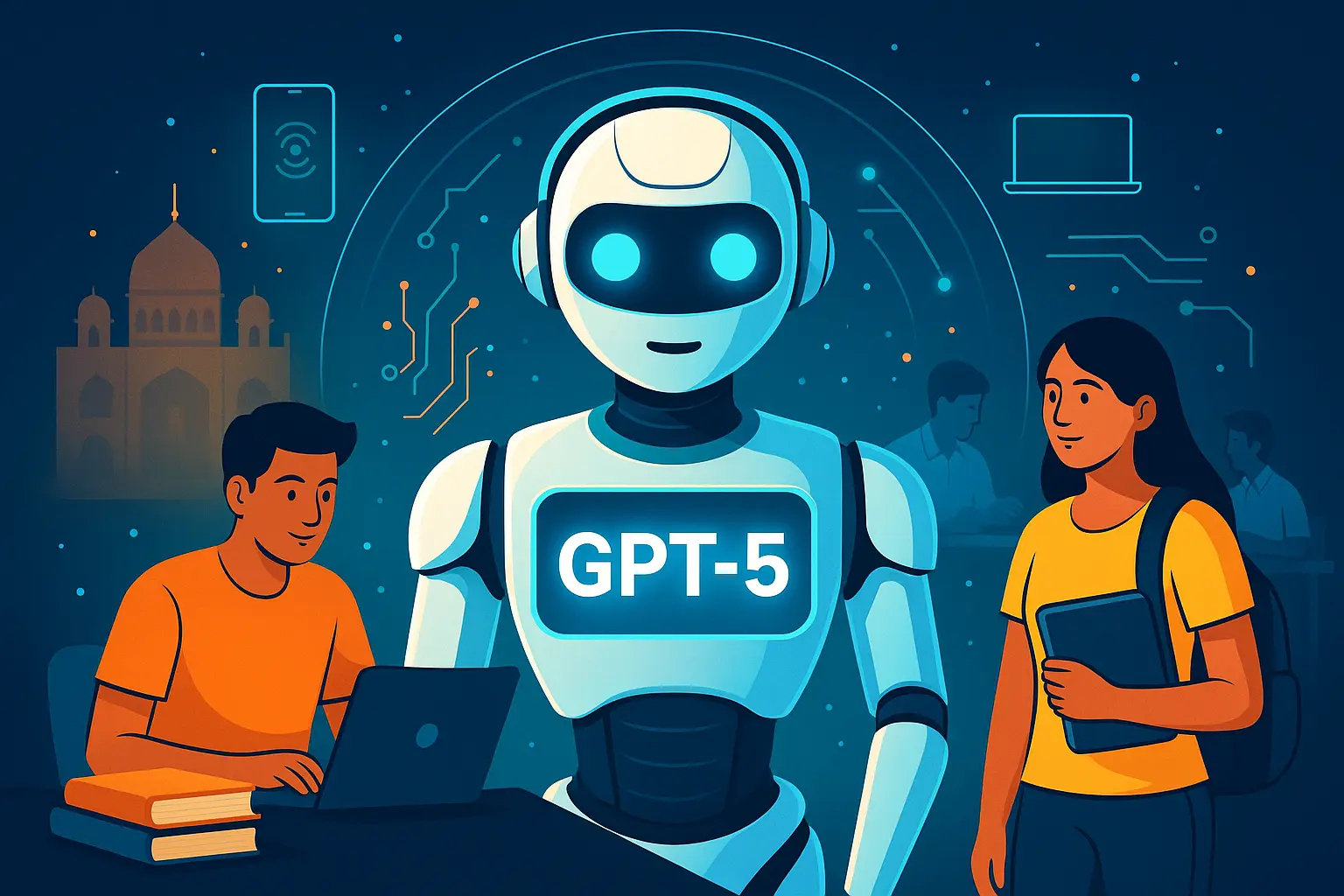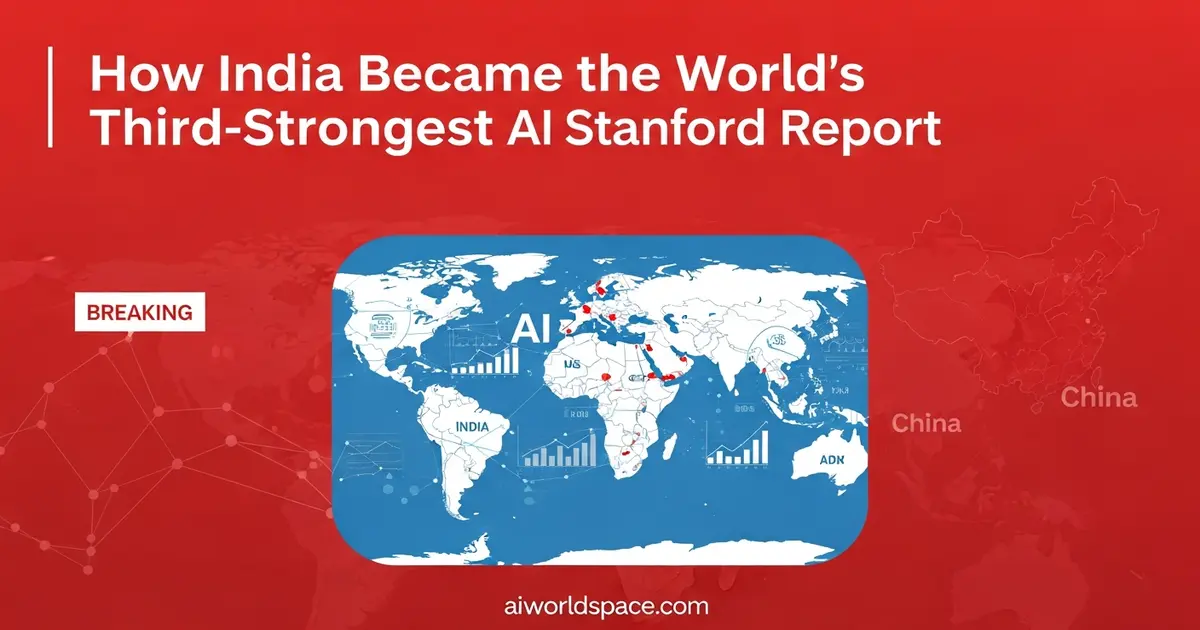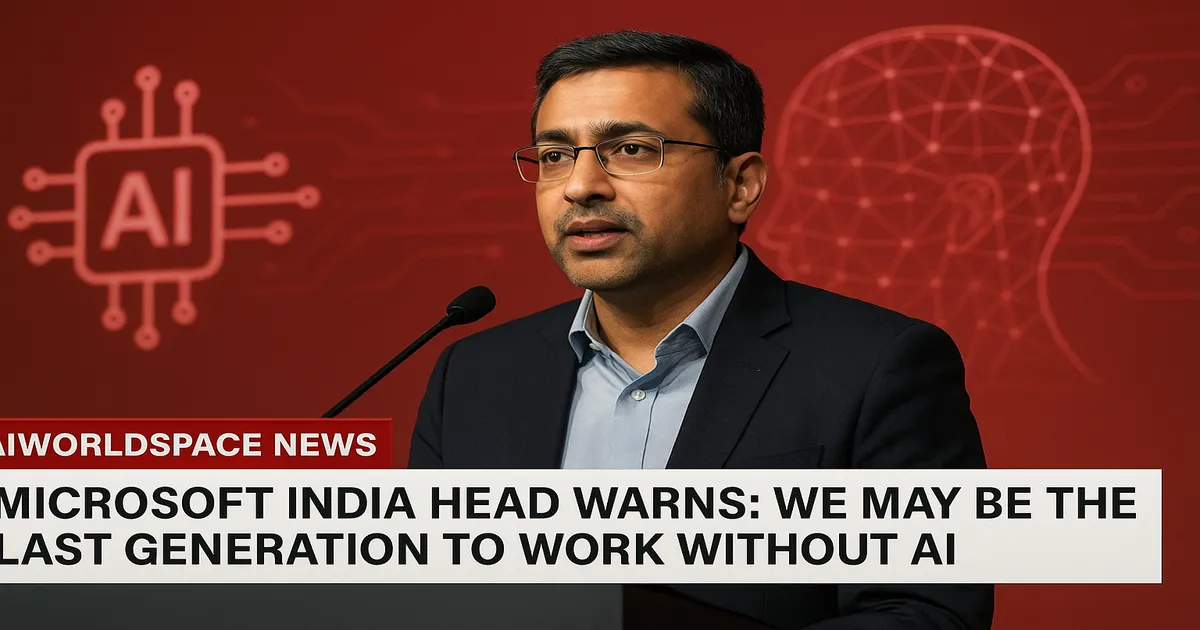Bengaluru, India| July 29, 2025|⏱️ Read Time: 4 minutes
Summary:DeepMind, Google’s AI research arm, is building something unusual for India — AI that doesn’t just “translate” but truly understands how Indians speak, think, and feel. With models tuned to local languages and culture, DeepMind is shifting AI’s focus from pure code to human connection.
At a bustling tech summit in Bengaluru, the auditorium fell silent as DeepMind researcher Kavya Menon demonstrated a new AI assistant. It switched from Hindi to Tamil, then Bengali seamlessly, naturally mid-conversation. “It’s not just translation,” she said, smiling. “The model understands tone, idioms, even the cultural setting behind each phrase.”
Can AI Truly Speak India’s Language?
The applause that followed wasn’t just for the tech it was for recognition. For the first time, AI seemed to be speaking to India, not just at it.
This moment marks a turning point. Until now, most AI tools were trained on vast English datasets effective globally, but disconnected from India’s linguistic heart. With DeepMind’s culturally aware models, we’re moving from machines that process words to those that actually understand people.
Why It Matters More Than Ever
Talk to a farmer in Punjab struggling with crop prices, a Class 12 student in Lucknow prepping for exams, or a young entrepreneur in Chennai trying to access credit and you’ll hear the same refrain: “Give us answers in the language we live in.”
DeepMind’s India-tuned AI brings that dream closer. By embedding cultural and linguistic understanding, this AI can power localized learning tools, healthcare advisories, and government schemes all in the native tongue. But more than just accessibility, it makes technology feel personal. You’re not just using a tool; you’re being heard.
A recent NASSCOM study revealed that nearly 70% of Indian internet users prefer digital content in their mother tongue. That’s not just a statistic it’s a signal that tech adoption in India is as much about culture as it is about connectivity.
The Bigger Shift: From Global AI to Local Trust
Of course, building culturally sensitive AI isn’t without risk. Bias in training data, overfitting to stereotypes, and regional privacy concerns remain serious challenges.
But there’s optimism too. Anand Iyer, who runs a Delhi-based edtech startup, puts it simply: “When AI speaks your language the way you do, adoption isn’t just easier it’s inevitable.”
DeepMind’s India strategy might just redefine how global tech giants operate not by scaling one-size-fits-all algorithms, but by tailoring intelligence that respects diversity. If successful, it could set the tone for AI in the Global South, where cultural nuance matters just as much as computational power.
Also Read:
AI Is Becoming Gen Z’s New Love Guru, Worrying Parents in India

